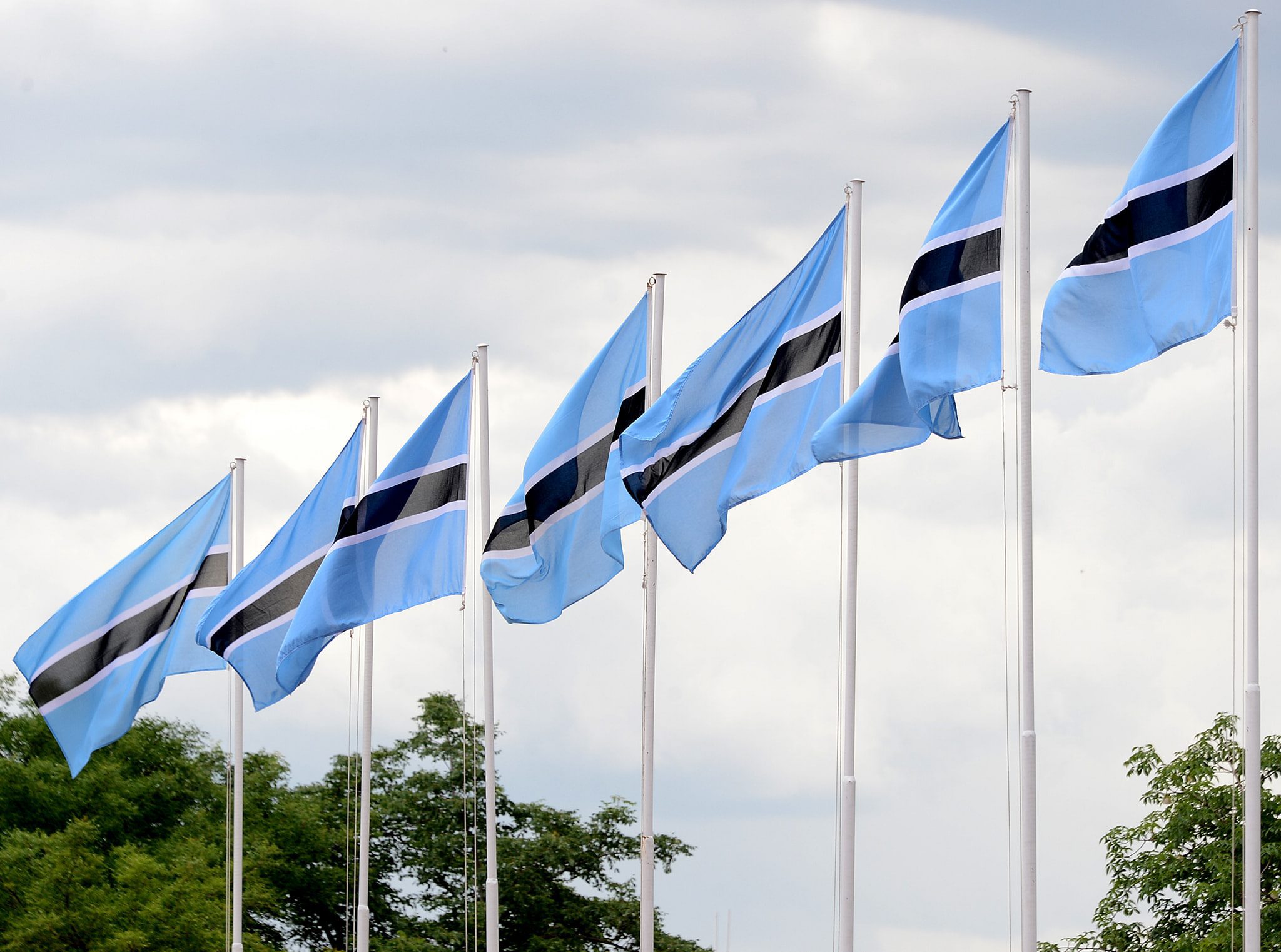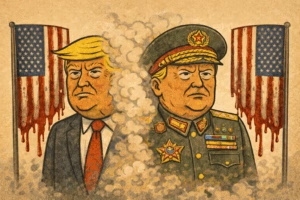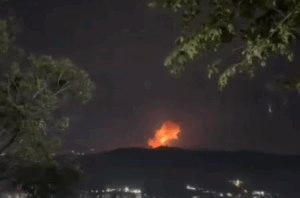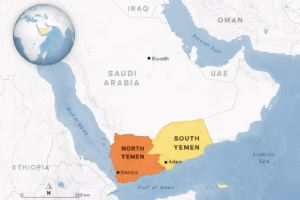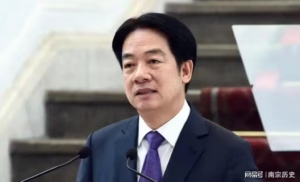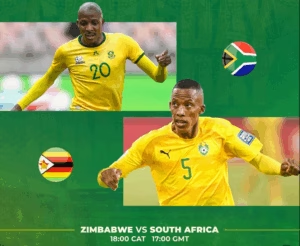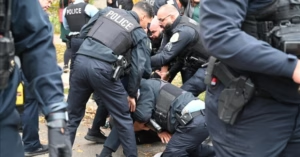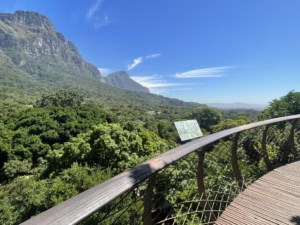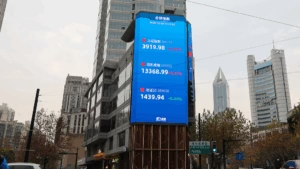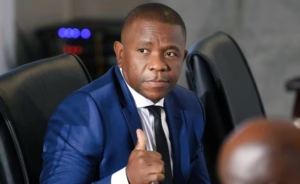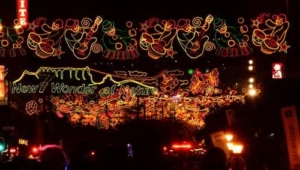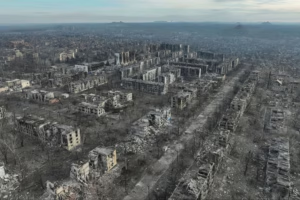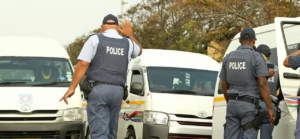Botswana’s political landscape is on the brink of a historic shift as President Mokgweetsi Masisi acknowledged defeat after preliminary Botswana Elections results indicated his Botswana Democratic Party (BDP) had lost its long-standing parliamentary majority. The BDP, a cornerstone of Botswana’s governance since the nation’s independence in 1966, now finds itself trailing behind the opposition for the first time in nearly six decades.
President Masisi’s concession came on Friday, ahead of the official final results. The initial counts placed the BDP in an unexpected fourth position, with the main opposition party, the Umbrella for Democratic Change (UDC), holding a decisive lead. Addressing reporters in Botswana’s capital, Gaborone, Masisi expressed a sobering acceptance of the outcome.
“We got it wrong big time in the eyes of the people,”
he stated, further adding,
“We were really convinced of our message. But every indication, by any measure, is that there’s no way that I can pretend that we’re going to form a government.”
The electoral commission is expected to confirm the results later on Friday, with early tallies showing UDC positioned as the likely victor. Under Botswana’s electoral rules, the first party to secure 31 out of the 61 parliamentary seats wins the mandate to form a government and appoint a president.
Masisi’s announcement marks the end of his five-year tenure, as he initially sought a second and final term. Acknowledging his opponents’ success, Masisi congratulated the UDC and confirmed he would gracefully withdraw from office.
“I wish to congratulate the opposition on their victory and concede the election,”
he said, underscoring his respect for Botswana’s democratic processes. He also noted his conversation with UDC leader Duma Boko, confirming his concession. Boko, a seasoned politician and human rights lawyer, is now poised to become Botswana’s next president.
The UDC has so far secured 25 seats, with state radio reporting that they aim to surpass the critical threshold of 31 to claim an outright victory. Boko has been a determined figure in Botswana’s opposition circles, forming the UDC in 2012 to unite various factions against the ruling BDP. In a triumphant social media post, he declared:
“CHANGE IS HERE,”
accompanying the statement with images of modest street celebrations in Gaborone. This marks his third attempt at the presidency, following campaigns in 2014 and 2019. Boko, aged 54, is seen by many as the face of the opposition and an emblem of the movement toward a more diverse political landscape.
In a further sign of shifting alliances, the Botswana Congress Party and the Botswana Patriotic Front have also secured approximately twelve seats collectively, underscoring a strong coalition among opposition parties. For the BDP, this outcome marks a decisive change, a loss that formalizes the opposition’s victory.
Masisi, who began his career as a high school teacher and later worked with UNICEF, was widely regarded as a likely candidate for re-election. Despite a legacy of stability and prosperity, Botswana’s economy has been grappling with challenges, primarily due to declining global demand for mined diamonds, which represent a substantial portion of the nation’s exports. The economic repercussions have impacted growth, which is projected to decelerate to a mere 1 percent in 2024, down from 2.3 percent the previous year and 5.5 percent in 2022, as estimated by the International Monetary Fund.
Rising unemployment, now at 27 percent, has compounded economic woes, with young people disproportionately affected. Acknowledging these concerns, the BDP had campaigned on a platform of economic diversification, with promises to foster growth in alternative sectors such as agriculture and tourism. However, the election outcome suggests that voters were unsatisfied with these pledges and sought new leadership.
Masisi maintained a dignified tone, emphasizing his pride in the democratic process and his readiness to ensure a peaceful transfer of power.
“I am proud of our democratic processes. Although I wanted a second term, I will respectfully step aside and participate in a smooth transition process,”
he said.
With more than one million citizens registered to vote out of Botswana’s population of 2.6 million, this election has highlighted both the strength of Botswana’s democratic institutions and a desire for change. The UDC’s expected victory signifies a pivotal moment in Botswana’s political history, suggesting that citizens may be looking for fresh perspectives to address the nation’s pressing challenges and drive it forward into an evolving global economic environment.
The final announcement from the electoral commission is awaited regarding the outcome of the Botswana Elections, but as of now, the Botswana Democratic Party’s six-decade tenure appears to have concluded, with the country standing on the threshold of a new era under Duma Boko’s leadership.

